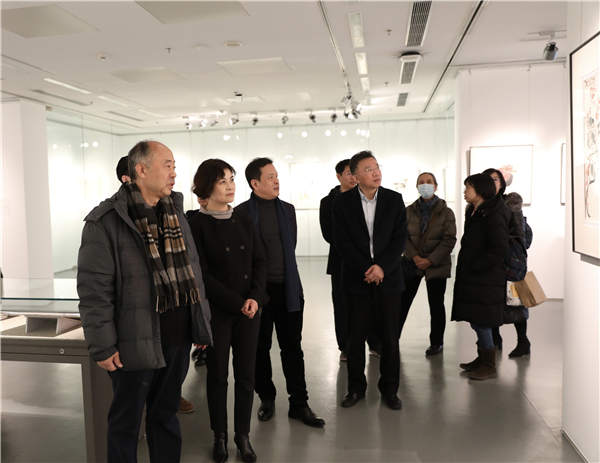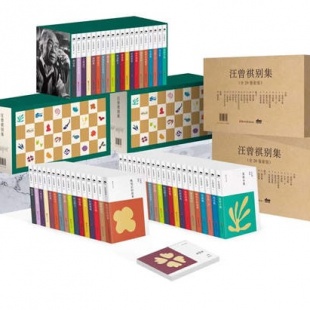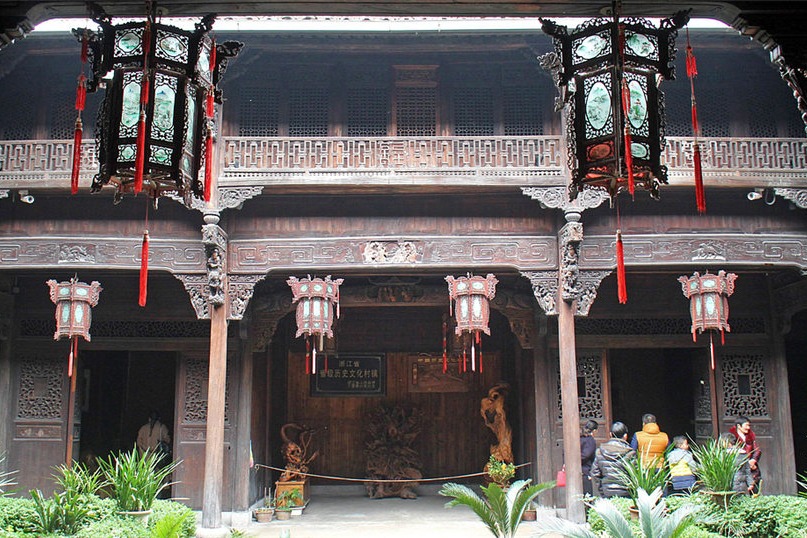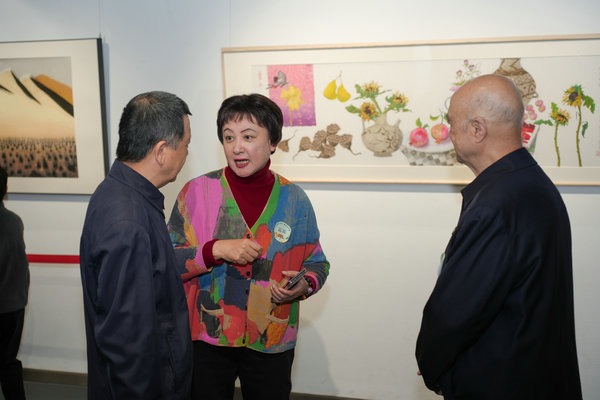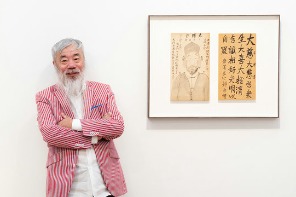Celebrating a modern story teller


New collection offers complete view of late writer Wang Zengqi's literary legacy, Yang Yang reports.
A new 20-volume collection of the late Chinese writer Wang Zengqi's works has been recently published by Zhejiang Literature & Art Publishing House, as a way to celebrate the 100th anniversary of his birthday.
Born in 1920, Wang was a reputed contemporary Chinese novelist, essayist and Peking Opera writer. At the National Southwest Associated University in 1939, he studied under the supervision of Shen Congwen, widely considered to be one of the greatest Chinese writers. He has been especially popular among readers for his faithful, vivid descriptions of people and the details of daily things, gourmet dishes in particular.
The new, 2 million-character collection includes his works of fiction, essays, Peking Opera, poetry and letters.
While the essays, fiction and letters are often excluded from collections of his work, they allow readers to better understand Wang's perspectives that form the historical background of his works, says Yang Zao, a member of the collection's editorial board.
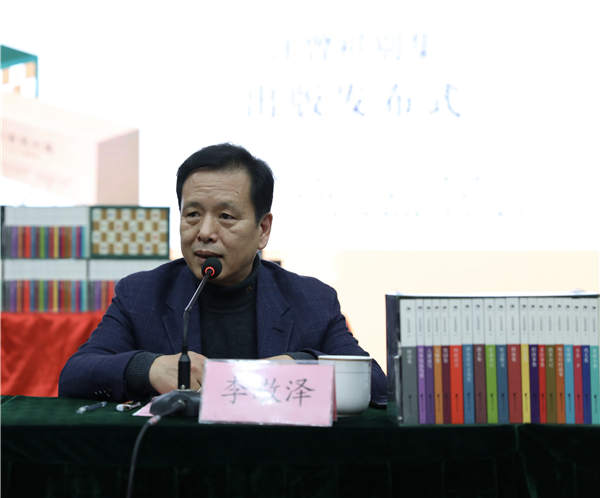
Commenting on Wang's writing, Li Jingze, vice-chairman of China Writers Association, quotes a line from one of his poems; Write rather diligently, to deliver a little warmth to people.
"Wang is very modest to talk about himself like this-by writing, he provides warmth to people," Li says.
"Our love for him is similar. It's not a love inspired by awe, as it would be toward a great writer like Lu Xun. It's a warm love, like the sunshine on a winter noon," he adds.
"Our love for him contains our love for life itself, for the beautiful and interesting things, for ordinary men and women, as well as language," he says.
Besides being a man of words who was good at living an interesting life, Wang was a witness to a turbulent century.
He saw, firsthand, the development of the modern Chinese literary tradition after the May Fourth Movement in 1919. He was not just an observer, but an important participant and builder of socialist literary traditions after 1949, and then, again, arguably a leader of the modern literary tradition established in the 1980s, Li says.
